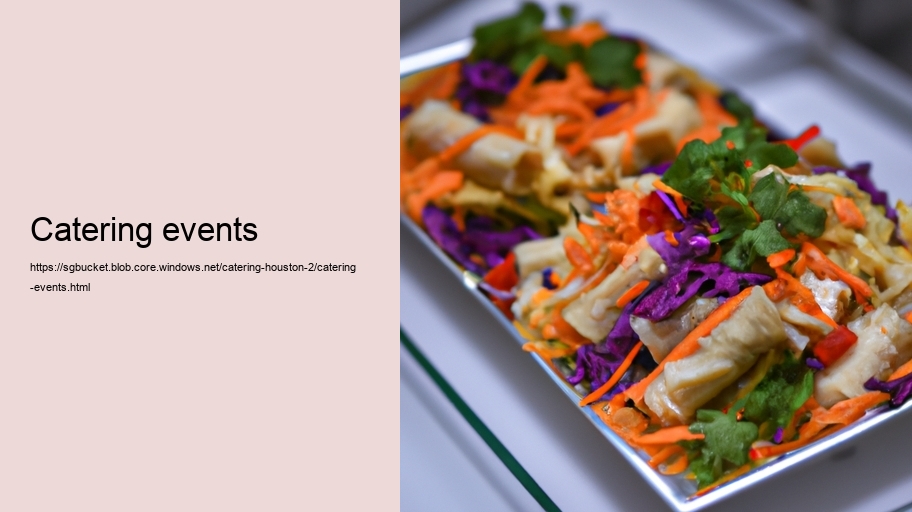Title: The Art and Essence of Catering Events
In the mosaic of human social interactions, catering events stand out as vibrant tesserae, encapsulating the essence of hospitality, culinary artistry, and celebratory customs. From intimate gatherings to grandiose banquets, these orchestrated affairs are a testament to our innate desire to share life’s milestones with others over a thoughtfully prepared meal. This essay delves into the multifaceted world of catering events, exploring their significance and the intricate processes that make them unforgettable.
At its core, a catering event is an organized occasion where food and drink are provided for guests. It can range from simple fare at a business lunch to an elaborate feast at a wedding reception. Yet, it is not merely about sustenance but rather about creating experiences that resonate on an emotional level—a symphony of flavors, aromas, and aesthetics that elevate the ordinary to extraordinary.
The planning of a catering event is akin to conducting an orchestra; it demands meticulous attention to detail and harmonious coordination of various elements. The first note in this composition is understanding the client's vision and expectations. A good caterer listens intently and infuses their expertise to design an event that reflects the host's personality or corporate brand while ensuring practicality and seamless execution.
Menu creation lies at the heart of any catering event. It requires balancing creativity with culinary precision—each dish must not only taste exceptional but also complement its counterparts, forming a cohesive gastronomic narrative. Chefs often draw inspiration from seasonal ingredients, regional specialties, or specific themes dictated by the occasion. Dietary considerations such as allergies or preferences also play instrumental roles in shaping menus that are inclusive yet uncompromised in quality.
Beyond palates, caterers orchestrate ambiance through decor and presentation—transforming spaces into welcoming environments that enhance the dining experience. Table settings become canvases for expression; linens, china, glassware, and centerpieces all contribute to setting the desired mood whether it be elegance for a gala or whimsy for a birthday party.
Logistics cannot be overlooked; they serve as the backbone of successful catering events. Timely procurement of ingredients ensures freshness while efficient kitchen workflows guarantee each course arrives perfectly timed and at optimum temperature. In addition to food preparation itself—which may involve on-site cooking or transport from external kitchens—caterers handle myriad details from arranging rentals (such as furniture or audio-visual equipment) to managing waste disposal responsibly post-event.
Service staff are ambassadors not only for the caterer but also for the host—they interact most directly with guests and profoundly impact overall satisfaction. Skilled servers seamlessly navigate amongst attendees offering drinks or hors d'oeuvres with grace while attending promptly to requests without intruding upon conversations or presentations.
Catering events go beyond mere eating—they commemorate achievements (corporate milestones), celebrate love (weddings), honor memory (funerals), foster connections (networking functions), encourage camaraderie (team-building retreats), among many other purposes. They have both tangible impacts on local economies supporting farmers markets through ingredient sourcing as well as intangible effects strengthening community bonds when shared meals turn strangers into acquaintances.
In conclusion, catering events represent much more than just food service—they embody tradition mixed with innovation conjuring moments meant not only for consumption but remembrance too long after plates have been cleared away because ultimately what we remember most vividly are those instances when we felt connected cared-for cherished within society's rich tapestry called life itself.
